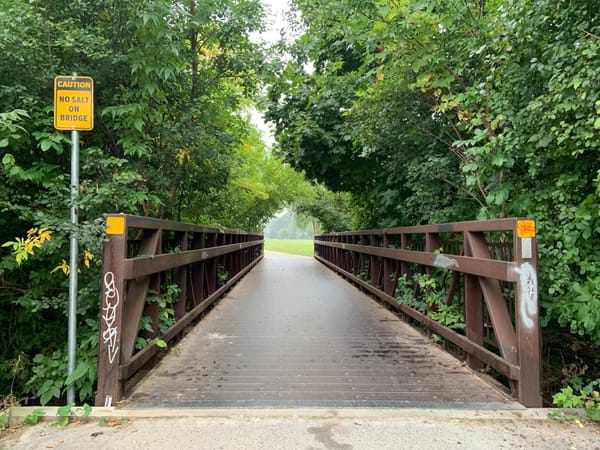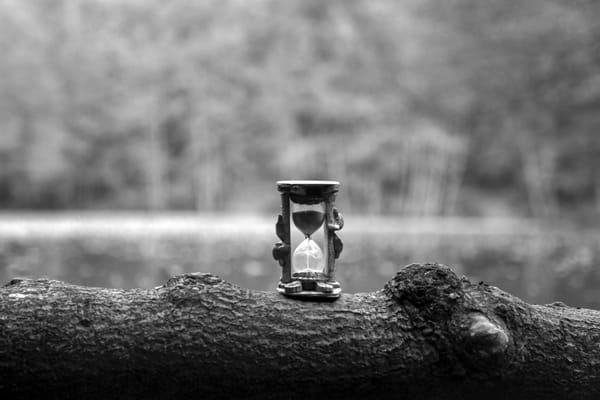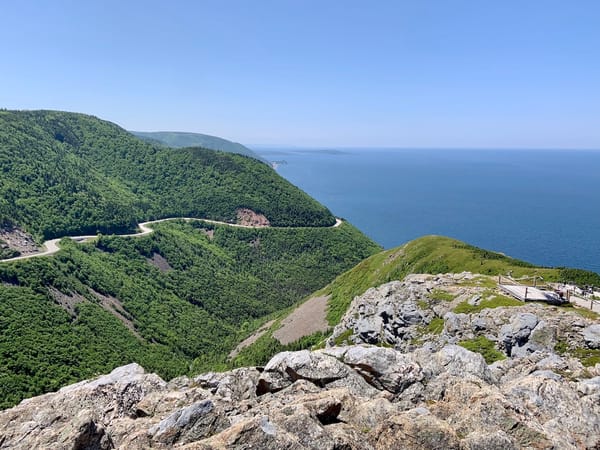welcoming spring ... and understanding the impermanence of everything

The shifting of the clocks last weekend and my screwed up sleeping habits keep me awake at all odd hours and asleep at saner hours, dreaming some outlandish stuff, waking up with my chest as taut as drum skin and the sound of my heart thudding as if trapped in an echo chamber, my breath lodged somewhere between my lungs and my throat, me feeling tired and sore and achy all over and not at all rested. The thing I do at times like these, which is almost every waking moment when D is asleep or out with KrA, is read.
And thus it is after decades of questing and searching among more words than there are stars in the sky, that I found one that turned my knowledge to realisation.
Impermanence.*
This, to me, is the equivalent of Ali Baba’s ‘Open Sesame’, the secret words, the mantra that opens up a cave filled with treasures.
Impermanence.
To explain why the word ‘impermanence’ resonates with me so much, I have to first explain why I have struggled much and for long with other words that describe the same thing but don’t mean the same to me.
Illusion. This is the word I have come across most often but it is also the one that makes the least sense to me. If everything is an illusion, a dream, then what reason have I to wake up in the morning and go about my day? If D is an illusion, why do I have to wake up every day and work towards providing a nurturing environment for him to grow? I’d much rather roll up a joint and spend my days in blissful illusion.
Change. Perhaps because of the well-known phrase, ‘Change is constant’, the word ‘change’ also fails to really capture the vicissitude of life on some level. On the contrary, it also has a quality of flux, of turmoil, of something uncontrollable that I must try to shield myself from, of a turbulence that I am all too familiar with and that I must brace myself against.
This too shall pass. To me, the problem with this phrase is that we use it liberally in times of difficulty but rarely ever in times of joy. And it bears within it a quality of waiting, of suspension, of abeyance, of unwilling resignation, even as time passes us by relentlessly. As if we are waiting to get to somewhere. And when ‘this’ passes, what will come next? Will it be better or worse? What about that?
Carpe diem.
Seize the day!
Live each day as if it is your last.
Eat, drink, and be merry, for tomorrow we may die.
I find these catchphrases laughable now as I come to understand my own misguided interpretation of these slogans especially in my twenties.
If I knew today were my last day on earth, I would never start to write a novel, although writing is something that brings me immense joy. Because why start something that will be left behind, unfinished, like yet another loose end, like almost everything in my life right now? Ha!
If I knew today were my last day on earth, I would not let KrA go to work and would instead hug him and D tight and not let them go anywhere until my dying breath.
And that’s great if today is indeed my last day on earth … but what if it isn’t? I still have to put in place some plans for tomorrow, make sure (or nag KrA to make sure) that we have enough bread and eggs and milk and coffee for tomorrow’s breakfast at the very least!
So none of the above words really cut it for me in all these years of questing and wondering and hoping and searching. Until I stumbled upon impermanence.
The idea that what is now, will not always exist. What is born, dies. The sun rises, and sets. When we are in the throes of winter, we yearn for spring … forgetting that even spring lasts only for a season.
I suppose among all the words/phrases in the preceding list, ‘change’ is as close as any can get to ‘impermanence’.
But ‘change’ somehow dismisses the is-ness of what’s here, right now, whereas ‘impermanence’ seems to focus on and honour the is-ness of what’s here, right now, with the full awareness that this will not last forever.
Change says, ‘You are going to disappear sooner or later anyway, so why should I bother with you now?’
And impermanence says, ‘You are here now, so I will honour you for as long as you are here.’
Ironically, impermanence is a ‘negative’ word in the grammatical sense, innit? But, at the same time, this approach towards the ‘impermanence’ of everything in life need not be based on fear of any imminent loss nor on regret over the transitory nature of everything.
It is a simple acceptance of what is, right here, right now, with the constant awareness that all this will change at some point in time.
Another aspect of ‘impermanence’ that resonates with me very much is that it does not hint at any journey leading towards some imagined destination of eternal bliss. Most metaphors that we use to describe our long processes of questioning and looking for answers entail some sort of a journey to some destination. Think about it. Climbing the mountaintop. Light at the end of the tunnel. ‘Freedom’ from suffering. Travel within. I suppose it helps to look at the ‘process’ as a journey with a destination because no matter how much one loves travelling, one eventually gets weary and seeks a place to lie down for some rest. So it follows that it helps to have a destination, some place to arrive at, because no one likes a story without a clear ending.
But thinking that I am on some sort of a journey that will lead me to freedom has only set me up for failure. Pegging my hopes this present moment on some unseen paradise tomorrow is quite the illusion there is to reckon with. In fact, it distorts my image of the present moment, does not allow me to honour what is right now, because no matter how present I am, if that presence is tainted by a latent hope or desire for a freedom from it all in the future, I have already dishonoured the present moment.
To me, ‘impermanence’ means I am not on a journey. It is also for this reason that although I can somewhat accept ‘transitory’ or ‘transient’ as close synonyms to ‘impermanence’, I don’t look at ‘fleeting’ with the same view. ‘Fleeting’ sounds as if I am running away. Again, to some unseen destination … hoping to leave all this behind.
But since we are so used to thinking about all this as a quest, a journey, if we were to accord an exploratory metaphor to ‘Impermanence’, I would like to look at it as an endless journey with no ultimate destination but with several stops along the way, each stop an opportunity to practise the awareness of impermanence and let that infuse our choices, our behaviours, our attitudes towards the situations and people in our lives at those points in time.
Years ago, I was chatting with a long-ago friend who figured in my life briefly, an impermanent presence, and I remarked very offhandedly, callously, “Might as well make the most of what we have. We are all going to die some day anyway.”
And his response to me was so full of compassion towards me, towards himself, towards life itself, that I am only now able to appreciate the wisdom in his words.
He said, “We should live not because we are going to die. We should live despite the fact that we are going to die.”
Life for the sake of life itself.
Death for the sake of death itself.
*Impermanence.
I found this view in a book by Kiera Van Gelder, who writes in her memoir about her meeting with Shyalpa Rinpoche, a Tibetan Buddhist.
She writes, “As always, I cringe at the idea of meditation. Then Rinpoche says that in any meditation practice, the most important thing is to have the right view, and that without this view, there is no meditation.”
He goes on to say, “Cows sit in a field and breathe all day. Does that make them Buddhists?”
So what might this view be?
Rinpoche’s answer: “Impermanence. The view is understanding that everything that is born dies. Everything that arises dissolves. Nothing is exempt from this. Everything that is conditional is exhausted, from a leaf to a person to a universe … The fact of impermanence is self-evident. And when you know how impermanent life is, you will understand its preciousness: how at any moment, it can disappear; your own life can disappear.
While I truly believe all that I have written above, I also think that this kind of thinking may put unwanted pressure on us to ‘always’ be happy or seek ‘eternal bliss’, because anything else would be akin to squandering these precious moments that make up our life, innit? Or at least, that is how I used to feel every time I encountered pain and my inability to cope with it. I think I have an explanation now, a way of thinking, that helps me cope in a way I was never able to before, without dismissing or condemning anything I feel and accepting the is-ness and validity of its existence. I will write about that more in the coming days. It has to do with yet another book by the brilliant and empathic Karla McLaren.




